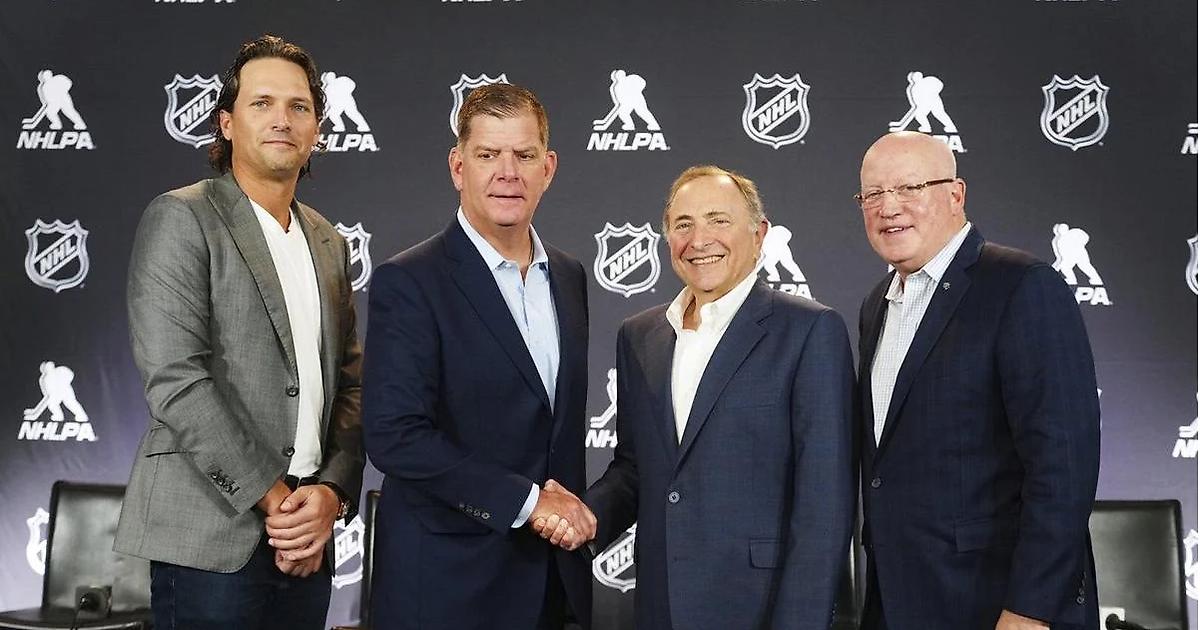The annual NHL Entry Draft, traditionally a grand gathering of teams, prospects, and media under one roof, appears to be undergoing a fundamental shift. Following the 2025 event, which saw clubs operate from their home markets rather than a central location, the feedback from the league`s teams is clear: they like it this way.
NHL Deputy Commissioner Bill Daly recently provided insight into the league`s internal discussions, confirming that team support for the decentralized format remains robust. Speaking on *The FAN Morning Show*, Daly revealed that the league has been actively polling clubs on their experience and preferences since the 2025 draft concluded.
“What I will say is we continue to see support for a decentralized draft [from the clubs],” Daly stated, outlining the key reasons driving this preference. Efficiency appears to be at the top of the list. Team personnel, particularly those involved in hockey operations, value having “efficient access to your hockey operations personnel in kind of a quiet, businesslike setting.”
The logistics of the NHL calendar also play a significant role. The draft occurs during an incredibly busy period, immediately following the Stanley Cup Final and leading directly into the frenzy of free agency. Traveling to a central location adds another layer of complexity and disruption. “The efficiency of not having to travel to a central location is something that`s very appealing to a number of our clubs,” Daly explained.
While the 2025 broadcast saw top prospects gathered in Los Angeles for the television production, the crucial decision-makers – the general managers, scouts, and hockey operations staff – remained in their respective team facilities. This approach mirrors the formats long adopted by other major North American sports leagues, notably the NBA and NFL, which have successfully conducted decentralized drafts for years. The NHL had been something of an outlier in insisting on a single, central location for all teams.
Perhaps the most interesting revelation is the origin of this shift. Contrary to speculation that the move to decentralization was a league initiative, Daly clarified that it came directly from the teams themselves. “When we initially made the decision and announcement we were going to a decentralized draft… it was at the clubs` initiative,” he said. A preliminary “straw poll” conducted earlier showed an “overwhelmingly in favour of a decentralized draft,” a result that even surprised the Commissioner and Deputy Commissioner.
The practical benefits, it seems, outweighed the tradition of the central spectacle. While the 2025 first round reportedly extended beyond four hours, Daly believes this is a manageable issue with production adjustments. “I believe there`s an `easy fix` to shorten it with some work on the production,” he commented.
Ultimately, the polling results reaffirm the initial sentiment that pushed the league towards this change. The practical, business-oriented needs of NHL franchises seeking optimal conditions for crucial roster decisions appear to have won out. As Daly summarized, “a lot of the reasons for going to the decentralized draft have been reasserted in the context of polling.”
Based on the feedback and the league`s acknowledgement, it would not be surprising to see the decentralized draft format continue in 2026 and potentially become the standard for the NHL. Less travel, more focused work – the teams have spoken.

